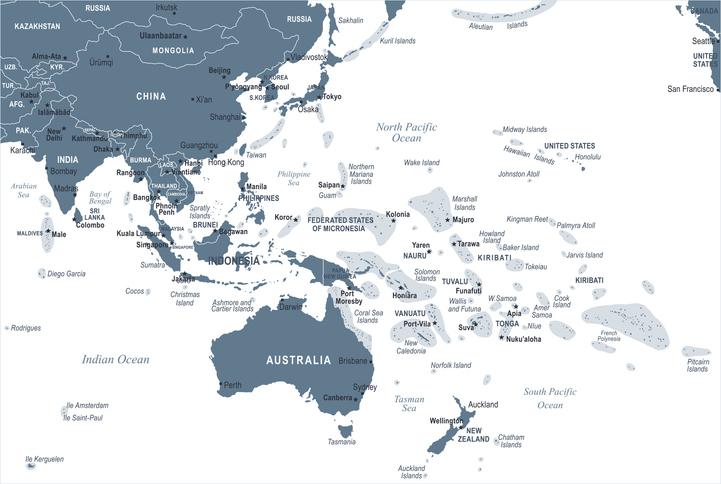Dear Secretary Blinken: Some advice from an Australian old China hand
June 17, 2023
We do not want there to be war over Taiwan. If such were threatened, we could never be involved.
Dear Secretary Blinken,
Right now you are visiting the Peoples Republic of China. As an Australian who has been engaged with the PRC officially and unofficially for over fifty years, I welcome this news. I also wish to share some serious concerns with you and offer some advice about the way forward.
Australias ties with the United States are deep and well-founded so please consider my views as well-intended. Our two most important relationships, both economic and strategic, are with the US and China. Above all, we would like these two nations to engage in dialogue, based on mutual respect and understanding and find a way to manage difficulties and problems.
The most fundamental issue at present is the status of Taiwan. Please God, do not go to war over Taiwan. It would cause unthinkable damage to Mainland China, to Taiwan, to the US and to the whole world. Knowing how much we would suffer, Australia would surely not support an American military intervention.
More than fifty years ago, Australian Foreign Minister Tony Street visited the US. On 5 October 1982 he addressed the Asia Society in New York on the subject of American and Australian relations with China and Asia. He dwelt at some length on the subject of Taiwan and I would like to quote his remarks as I feel they are still very relevant today:
This is an appropriate point for me to say that we are also very pleased that you (the United States) have reached some understanding with Peking (ie Beijing) about Taiwan. A year and a half ago, I visited Peking and Washington and was concerned then about the impact on United States and Australian strategic interests of disruption to United States-China relations.
As our Prime Ministers visit to Peking in August approached, we were deeply conscious that he would be there at a time when your negotiations were at a critical stage. In the event, the critical decisions on the Chinese side seem to have been taken at high-level meetings at about the time of Mr Frasers visit. We were thus very glad to carry away both restatement of Chinas firm views about the Soviet Union and also reassurance that China gave proper weight to the strategic importance of friendship with America.
As regards Chinas development, let me offer these comments:
The plans of Chinas new leaders are very ambitious. Indeed, for a largely peasant society saturated and suppressed by a backward ideology for many years, they might be called revolutionary. To see free market forces allowed to operate in China, to see great readiness to expand business with the world, to First feed the people, then build the country can give us great heart.
Australian policies are directed at making this turn and development of Chinese policies a continuing viable option for Chinese leaders. There has recently been a Communist Party Congress in China. On the one hand this showed the popularity of the change in Chinese policy. On the other hand, it is when he (Deng Xiaoping) is able to relinquish control, and a smooth succession can take place, that the road ahead will be clearer. Meanwhile, we share with you and other countries of the Pacific a very great interest in demonstrating that building relations with us represents valuable political and economic options for the next generation of Chinese leaders.
Today, I offer you the same advice. Let us do everything we can to welcome China into the international community. Let us also do everything we can to prevent war in the Pacific. Regardless of whether you meet with President Xi Jinping or not, your visit to Beijing presents a crucial opportunity to gain a better understanding of Chinese concerns and priorities and to set guardrails in place to prevent any derailment of bilateral relations.
At the heart of those relations is the status of Taiwan. Fifty years ago, the US and China reached agreement on the definition of its status, and only then was it possible for overall bilateral relations to move forward. The Australian governments position on Taiwan has been consistent throughout and, despite some recent difficulties and problems, Canberra still maintains this position. It is this that gives us hope that we can reach resolution of outstanding matters in bilateral relations before too long.
We do not want there to be war over Taiwan. If such were threatened, we could never be involved.

